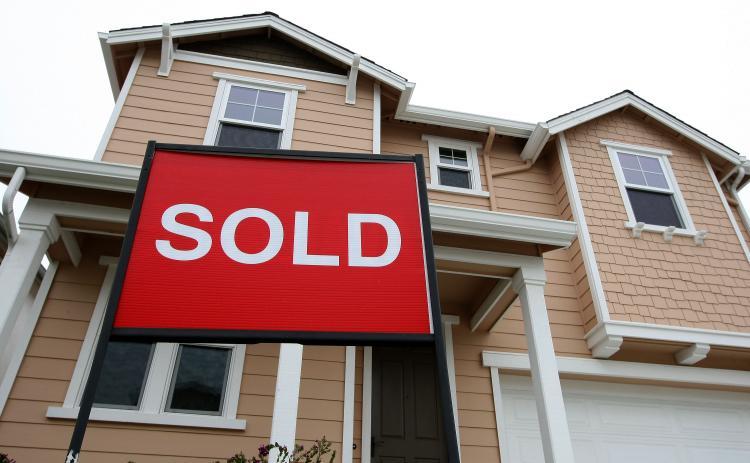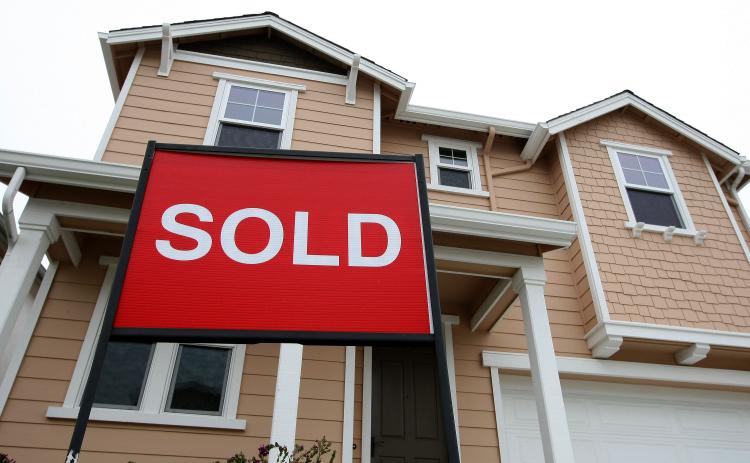Mortgage rates for 15-year and 30-year fixed-rate loans edged up for the second straight week, but were still low enough to prompt an uptick in refinancing, according to reports released by Freddie Mac and the Mortgage Bankers Association this week.
Conventional 30-year fixed-rate mortgages rose from 4.21 percent last week to 4.23 percent, and 15-year fixed-rate loans climbed to 3.66 percent, up from last week’s 3.64 percent, Freddie Mac said on Wednesday.
But rates are still hovering near record lows set weeks ago, and homeowners pounced on the opportunity to refinance. For the week ending Oct. 22, the Mortgage Bankers Association’s Refinance Index, measuring mortgage refinancing activity, increased three percent from the week before, while the Purchase Index, measuring mortgage applications for single-family homes, rose 3.9 percent.
As the housing market prepares to rebound, low mortgage rates have done their part to entice potential homeowners into buying new homes, but they have stayed away due to low consumer confidence and poor labor conditions.
“Consumer confidence, while slightly improved from September levels, is still hovering at historically low levels,” Lynn Franco, Director of The Conference Board Consumer Research Center said in a statement. “Consumers’ assessment of the current state of the economy is relatively unchanged, primarily because labor market conditions have yet to significantly improve.”
Weighing down a potential housing recovery are Americans’ continued concerns about jobs, incomes, and business conditions.
Conventional 30-year fixed-rate mortgages rose from 4.21 percent last week to 4.23 percent, and 15-year fixed-rate loans climbed to 3.66 percent, up from last week’s 3.64 percent, Freddie Mac said on Wednesday.
But rates are still hovering near record lows set weeks ago, and homeowners pounced on the opportunity to refinance. For the week ending Oct. 22, the Mortgage Bankers Association’s Refinance Index, measuring mortgage refinancing activity, increased three percent from the week before, while the Purchase Index, measuring mortgage applications for single-family homes, rose 3.9 percent.
As the housing market prepares to rebound, low mortgage rates have done their part to entice potential homeowners into buying new homes, but they have stayed away due to low consumer confidence and poor labor conditions.
“Consumer confidence, while slightly improved from September levels, is still hovering at historically low levels,” Lynn Franco, Director of The Conference Board Consumer Research Center said in a statement. “Consumers’ assessment of the current state of the economy is relatively unchanged, primarily because labor market conditions have yet to significantly improve.”
Weighing down a potential housing recovery are Americans’ continued concerns about jobs, incomes, and business conditions.






